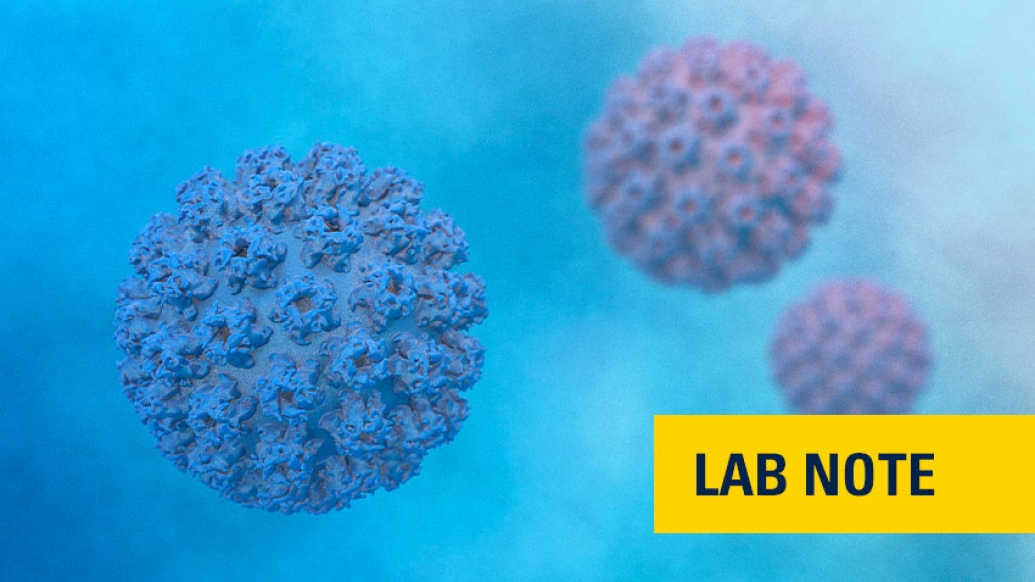Vaccines and other policies could help keep in check a disease that’s becoming increasingly common worldwide.
2:25 PM
Author |

The human papillomavirus is fueling an epidemic of head and neck cancer globally, with 100,000 new cases worldwide each year.
A new study suggests Taiwan may be in the same spot the United States was a few decades ago when this trend first emerged. But in Taiwan, HPV's impact is obscured by high rates of tobacco, alcohol and betel quid use. The findings suggest policies and public health interventions in Taiwan could help prevent HPV-driven cancers.
Researchers looked at records and tumor samples from 541 patients treated between 1998-2016 for oropharyngeal squamous cell carcinoma at Chang Gung Memorial Hospital, the largest cancer center and a major referral center in Taiwan.
They found 28% of tumors were HPV-positive. These patients were older at diagnosis and had better survival. Compounding the picture, the researchers found that 81% of patients smoked tobacco, 65% used betel quid and about half drank alcohol. Alcohol use was strongly tied to cancer recurrence or death.
HPV-positive oropharyngeal cancer generally is more responsive to treatments and results in better outcomes than HPV-negative cancers. This held true with the Taiwan patients. And, even among patients who used alcohol, tobacco or betel quid, those whose tumors were HPV-positive had better survival.
The researchers suggest that programs to help cancer patients quit drinking, smoking or using betel quid could improve outcomes.
"The number of HPV-caused oropharynx cancer is spreading like fire around the globe. However, this problem is not recognized outside Western countries," says lead study author Guadalupe Lorenzatti Hiles, Ph.D., M.S., a senior research fellow at the University of Michigan Rogel Cancer Center working in the lab of Thomas Carey, Ph.D., professor emeritus of otolaryngology-head and neck surgery and of pharmacology at Michigan Medicine.
Taiwan recently introduced the HPV vaccine, but only for girls. The study population was 94% male, suggesting the vaccine would benefit boys as well.
"It is estimated that we can eliminate up to 10% of all cancers worldwide by eradicating HPV-related cancers. We hope that spreading the word about this problem will help save countless lives," Lorenzatti Hiles says.
Funding for the paper was from a University of Michigan-Chang Gung Memorial Hospital Pilot Grant, National Cancer Institute grants CA194536 and CA194536-S1, Chang Gung Memorial Hospital, Taiwan Ministry of Science and Technology and the U-M Undergraduate Research Opportunity Program.
Paper cited: "Understanding the impact of high-risk human papillomavirus on oropharyngeal squamous cell carcinoma in Taiwan: A retrospective cohort study," PLOS ONE. DOI: 10.1371/journal.pone.0250530

Explore a variety of healthcare news & stories by visiting the Health Lab home page for more articles.

Department of Communication at Michigan Medicine
Want top health & research news weekly? Sign up for Health Lab’s newsletters today!





